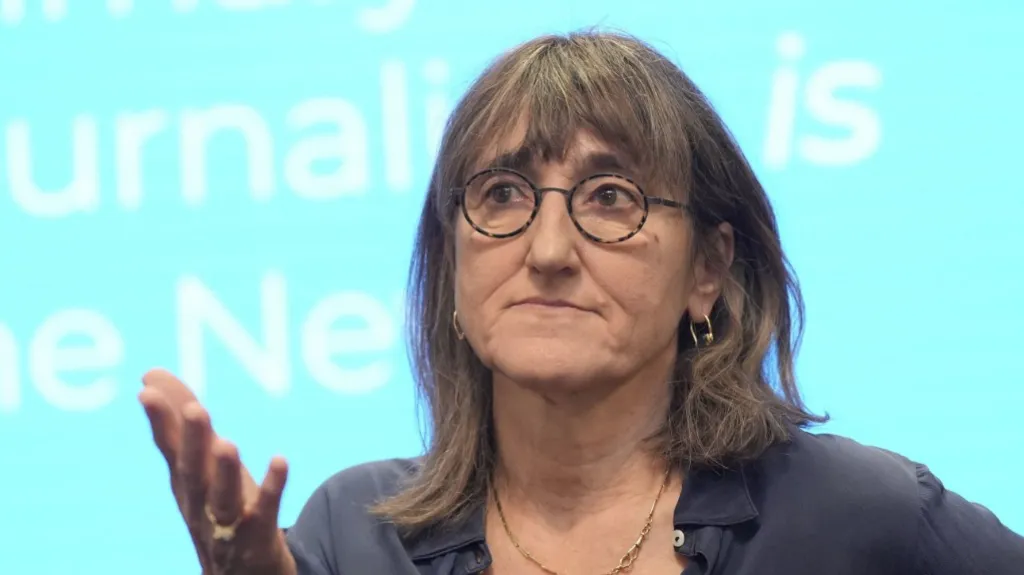The House of Lords has dealt a second defeat to the government over its Data (Use and Access) Bill.
Peers had already backed an amendment calling for more copyright protections for the creative industries from artificial intelligence (AI) scrapers once.
MPs rejected that amendment and sent the Bill back to the Lords, where Technology Minister Baroness Jones told peers it would lead to "piecemeal" legislation as it pre-empted consultation on AI and copyright.
However, there was broad and vociferous support for Baroness Kidron, a film director and digital rights campaigner, who accused ministers of being swayed by the "whisperings of Silicon Valley" asking them to "redefine theft".
The Lords rebellion follows condemnation from Sir Elton John, who called the government "losers" over the weekend and said ministers would be "committing theft" if they allowed AI firms to use artists' content without paying.
He joins the ranks of high-profile musicians, including Paul McCartney, Annie Lennox, and Kate Bush, who are outraged by plans they say would make it easier for AI models to be trained on copyrighted material.
Kidron's amendment would force AI companies to disclose what material they were using to develop their programmes, and demand they get permission from copyright holders before they use any of their work.
Highlighting the power differential between the big tech giants in the US and creatives in the UK, Kidron branded the government's plans "extraordinary".
"There's no industrial sector in the UK that government policy requires to give its property or labour to another sector – which is in direct competition with it – on a compulsory basis, in the name of balance," she said.
"The government has got it wrong.
"They have been turned by the sweet whisperings of Silicon Valley who have stolen – and continue to steal every day we take no action – the UK's extraordinary, beautiful and valuable creative output.
"Silicon Valley has persuaded the government that it's easier for them to redefine theft than make them pay for what they have stolen."
Defending her amendment, the crossbench peer said it was "the minimum viable action from the government" to signal that "UK copyright law is indeed the law of the land".
Otherwise, Kidron said, the Bill was merely a "political gesture" ignoring "widespread theft" of UK copyright and "starving" the creative industry of "the transparency they need to survive".
